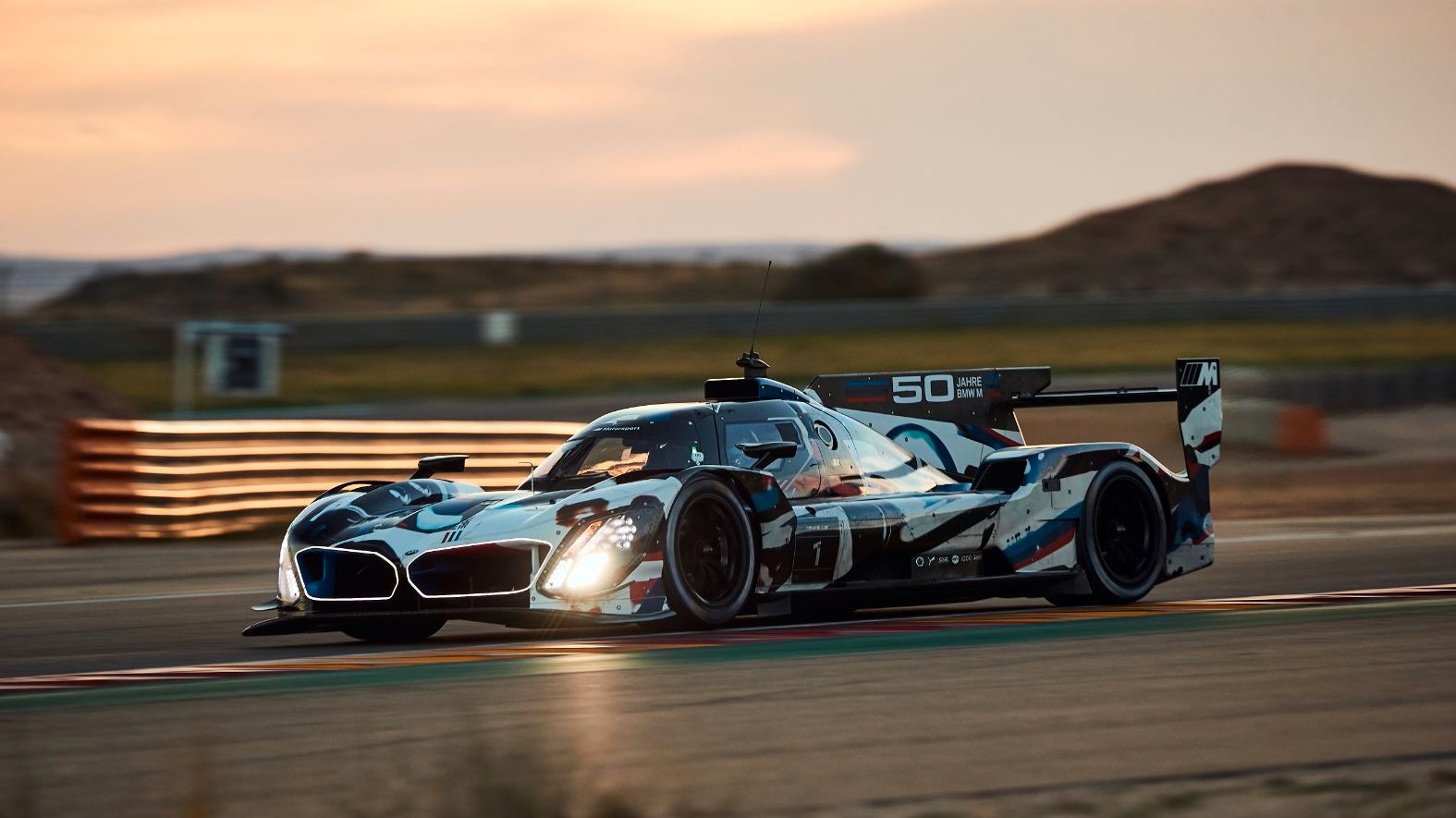Many manufacturers bet on Formula 1 (F1), the most coveted category in motorsport, but not all brands think that it is the ideal modality to be present and impose their image and technology. Ferrari, Mercedes, Alpine-Renault, Honda, Alfa Romeo and Aston Martin -the first four participants with their own teams and mechanics, while the last two appear only as sponsors- are already part of the starting grid, which they want Audi will be joining a lot soon, with Porsche also aiming to join the premier four-wheeled sports category. BMW, meanwhile, opted for the World Endurance Championship (WEC, from the World Endurance Championship), with those in charge saying they don’t even think about F1.
BMW’s choice is not without causing some surprise, since the main German rivals are in or about to enter F1 and there is traditionally a tight line-up between Audi, BMW and Mercedes. But the person in charge of the BMW Racing department, Andreas Roos, understands that it is necessary to be “realistic” and take into account that “The investment in F1 is huge and for that commitment to pay off, you have to be successful for a long time. Hence, Roos stated: “We are very satisfied with the current range of bets in the competition”.
Here is the hypercar that BMW will race at Le Mans
The German official is somewhat right in his analysis, because if the F1 attracts a much larger audience, not only on the track but through television broadcasts, the reality is that all F1 teams have a ceiling of 143 million euros, a bar that, at least in 2021, has been surpassed by two teams, one of which is the champion Red Bull. On the other hand, the International Automobile Federation (FIA) guarantees that a team with two cars to fight for victory in the WEC needs only 20 million euros, an incomparably lower value. Partly because the F1 World Championship includes this year 22 race weekendsvisiting many other countries, while the WEC was limited to six races in 2022.
BMW argues that the electrification system of the current WEC cars, in the LMDh class, the hybrids vying for victory, is closer to the cars it sells to the public and therefore more technologically and commercially stimulating. But this manufacturer, who has competed in 72 F1 races in the past, taking just one win and 17 podium places, is not going to have it easy in the WEC.
Currently, this endurance championship depends on four manufacturers: Toyota (which today wins everything) and Peugeot (which this year competes in few races), both with hybrids, while Alpine and Glickenhaus use only combustion engines. But in 2023 the grid will be more composed, with the hybrids that can win taking advantage of the arrival of Ferrari and BMW, the latter with a chassis designed by Dallara and a 4.0 V8 biturbo engine associated with a 272 hp electric motor, from Williams Advanced Engineering. In 2024, the WEC will also host Lamborghini, Alpine (which gets better from the current cars he races in to the newer, faster LMDh hybrids) and the American Cadillac. The next seasons promise to be substantially more competitive.
Source: Observadora
